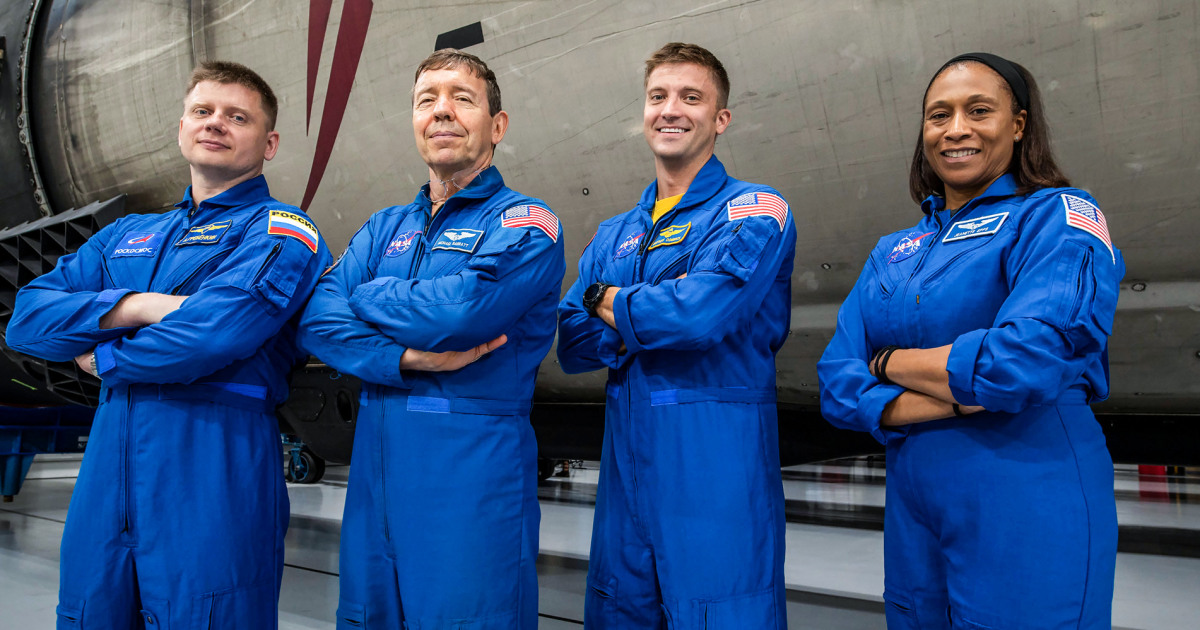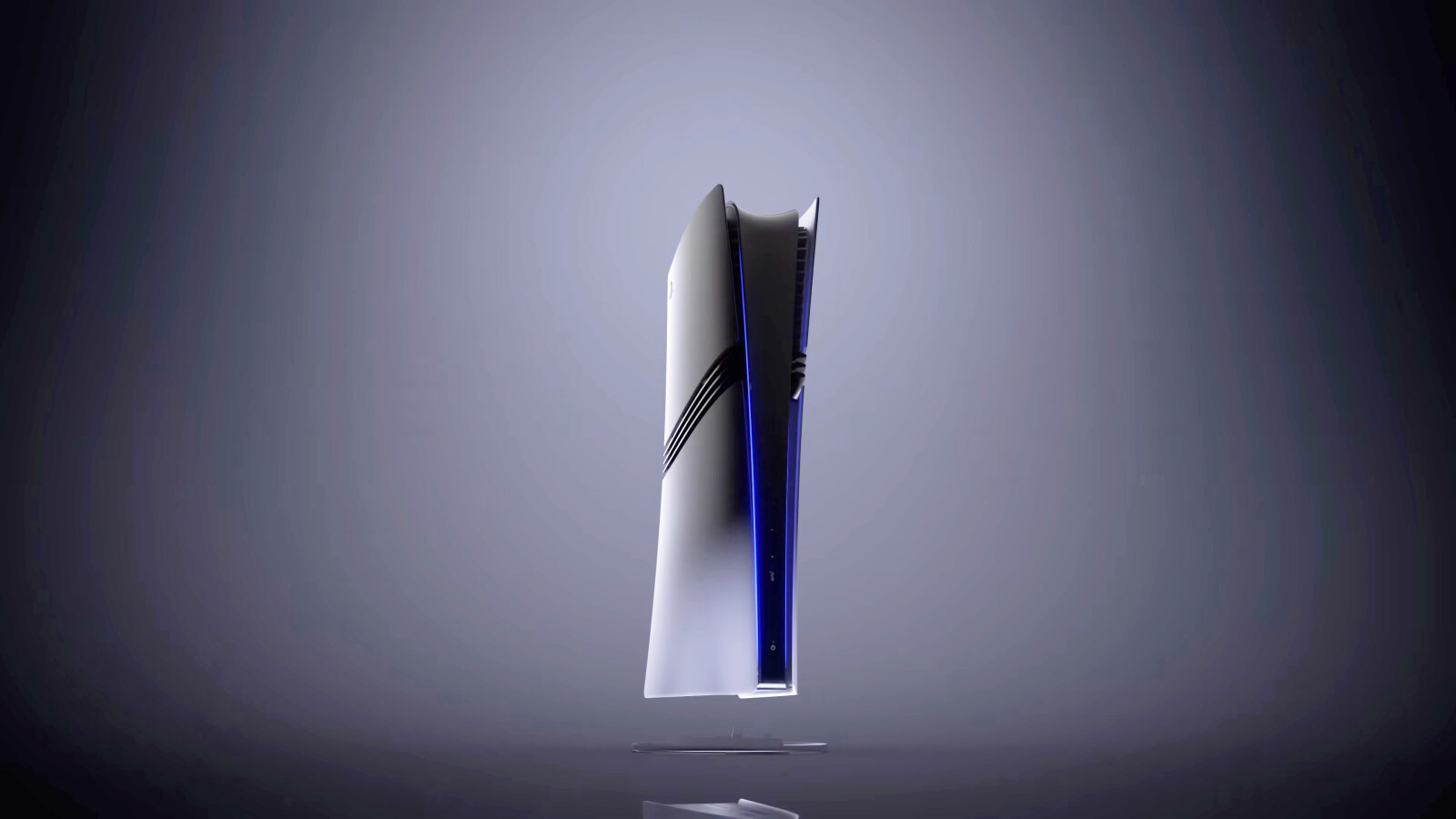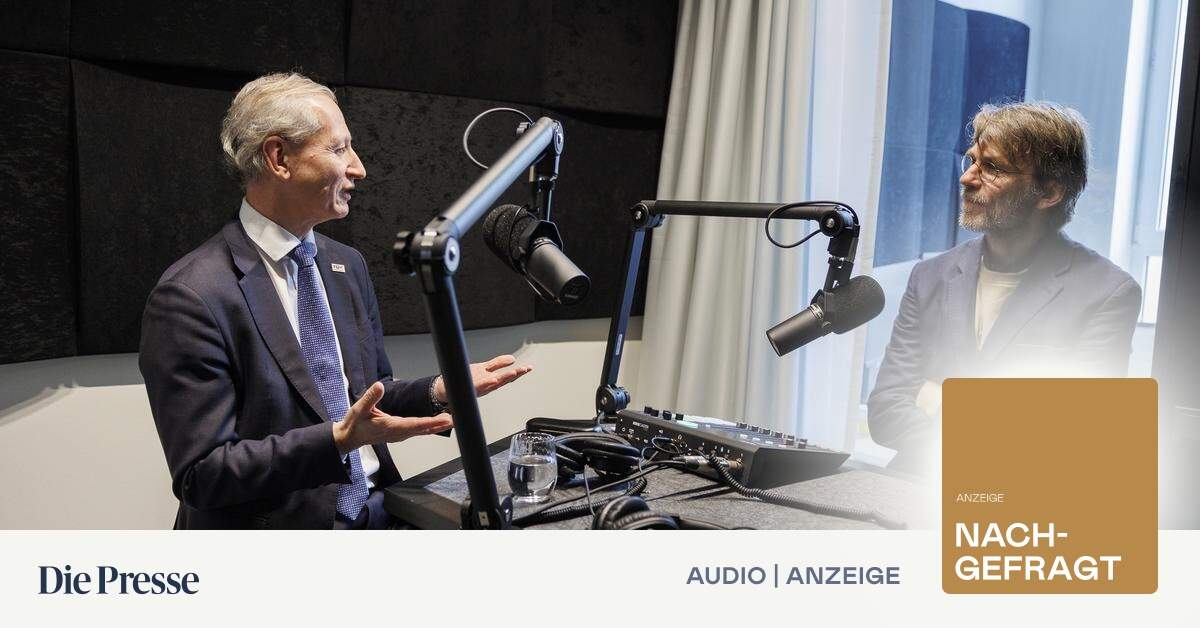What does it take to direct innovations in the right direction and create sustainable benefits for society? Stefan Haas, CEO of TÜV Austria, the only technical inspection association in Austria, answers this question [TÜV]on the “Journalism” podcast.
Humanity's success story began 1.5 million years ago with an invention: the hand axe. The ability to produce these tools in a planned manner is what distinguished prehistoric man from his ape-like ancestors. One of the pioneering innovations was around 3200 BC. The wheel entered history. In short: innovations are not a recent invention, although the term has only been used in the spelling dictionary since 1915. They have always been around. What has changed in recent decades is simply the pace of the series of innovations that drive humanity. One of the latest innovation topics is an example of the speed-up aspect: quantum computing, which uses the advantages of quantum mechanics, will in the future, in combination with applications of artificial intelligence, solve complex problems that classical computers or supercomputers cannot solve or solve. It can't be solved fast enough.
Responsible innovation through oversight
“If innovations are not only aimed at maximizing the profits of individual companies, but rather aim more at ensuring positive added value for society, then technical developments require constant monitoring,” he says. Stefan HaasCEO of TÜV Austria, the only technical inspection association in Austria [TÜV]. Therefore, regulations intended to benefit society seek to achieve an overarching goal. This is especially clear right now when it comes to the topic of artificial intelligence. The European Regulation (“EU AI Regulation”), which entered into force on 1 August 2024, aims to promote the responsible development and use of AI in the EU. Important applications in the industrial sector, i.e. where there are high risks to people, the environment, data security and, last but not least, economic efficiency, will be tested in the future. TÜV Austria, in cooperation with Johannes Kepler University Linz, has developed the world's first certification system for machine learning using “trusted artificial intelligence.” “We bring benefits to the economy and society by securing innovations, supporting further expansion, and commercializing secure machine learning applications,” Haas says.
In the podcast “Presse”, the CEO of TÜV Austria explains what it takes to steer innovations in the right direction and thus generate sustainable value for society.
“In Demand: The Quarter Before Haas” is a quarterly podcast series with Christian Lenoble (“Die Presse”) in conversation with TÜV AUSTRIA CEO Stefan Haas. All episodes:
The quarter in front of Haas No. 1: Sustainability
Quarter Before Haas #2: Artificial Intelligence
Quarter Before HAAS #3: Cybersecurity
Quarter ahead of Haas #4 E-Mobility
A quarter ahead of the Haas #5 CSRD
To a person
stefan hass, Born in Vienna in 1965, he studied mechanical engineering at the Technical University of Vienna and completed his studies in 1994 with a doctorate in technical sciences with distinction. The director and scientist, who has received national and international awards for his research and development work, has been Chairman of the Board of Directors (CEO) of TÜV AUSTRIA Holding AG since 1 March 2013.

“Certified tv guru. Reader. Professional writer. Avid introvert. Extreme pop culture buff.”







More Stories
PS5 Pro: PSSR vs FSR vs DLSS – this is how Sony's new upscaling technology should compare
Stellantis and Factrial accelerate the pace of electric cars with solid-state battery technology | Corporate Communications
“Creativity is not just human”: Sogwin Chung talks about the intersection of art, artificial intelligence, and technology